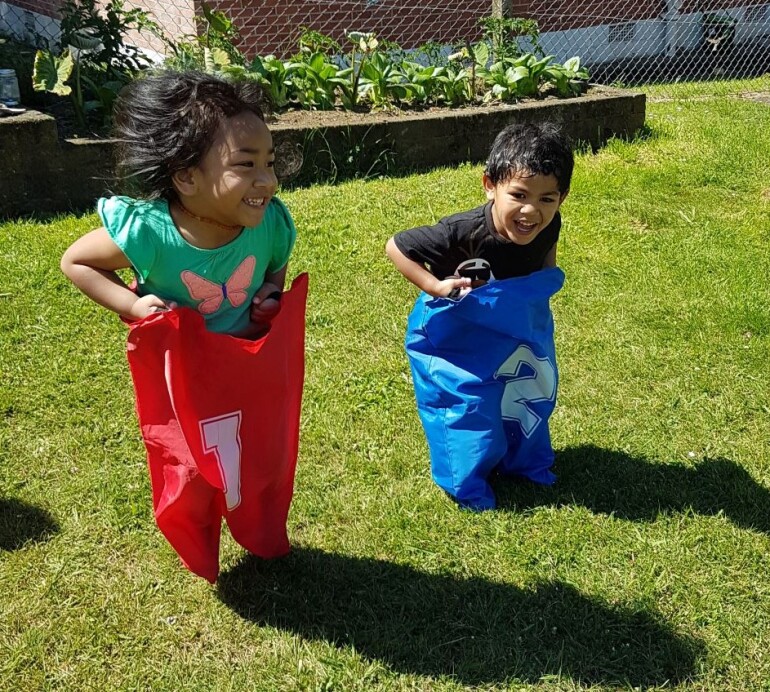News And Events

Games With Rules
10 August 2024The ability for children to maintain attention and avoid getting distracted, to sit still and listen, to remember instructions, and to keep track of what they are doing as they are working is known as executive function.
Executive function can help children with skills such as waiting for a turn, cooperating well with others, resisting temptation, and dealing with difficult emotions such as anxiety, frustration or anger. This month we’re inspired by the Olympic Games to consider how games with rules can help children develop executive function.
Here’s some fun games that can be set up at home:
Obstacle courses: the course might include wading through a small paddling pool, crawling under a chair, or stepping over some blocks.
Time trials: provide a space that has a skipping rope, a ball and a chalk-drawn line on the concrete. Children can take turns seeing how many times in 20 seconds for each activity that they can jump over the rope, bounce a ball, and walk down the chalk line (like a balance beam).
Bean Bag golf: Like frisbee golf, but with bean bags or other smaller items that can be safely thrown (eg, jar lids, spongey balls, badminton shuttles etc). Mark out a short course, and take turns throwing the object to see who can get closest to the markers.
Here’s a few family games to enjoy too:
- Backyard soccer
- Hopscotch
- Egg and spoon races
- Musical Chairs
All of these fun games have rules and encourage children to develop executive function. For example an obstacle course, where each part of the course should be mastered in a set order and method, involves children to create the rules, gain an understanding of the rules, apply the rules as they navigate the obstacle course, and practice how they share these rules with others to ensure everyone participating follows the same order.
The more complex the game, the more children learn valuable skills such as negotiation, turn-taking, self-discipline, and ability to express themselves appropriately within the rules of the game. Play with rules is often highly active, although not chaotic as children understand that for the game to succeed everyone participating must follow the rules set by the group.
Information from www.theeducationhub.org.nz


